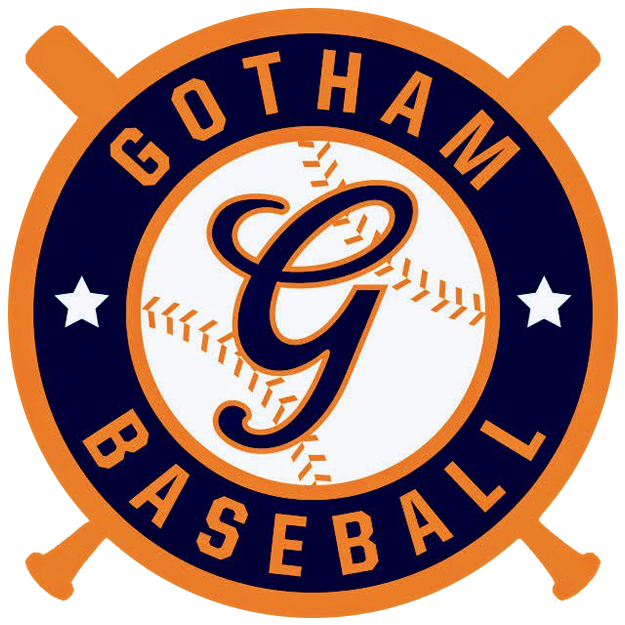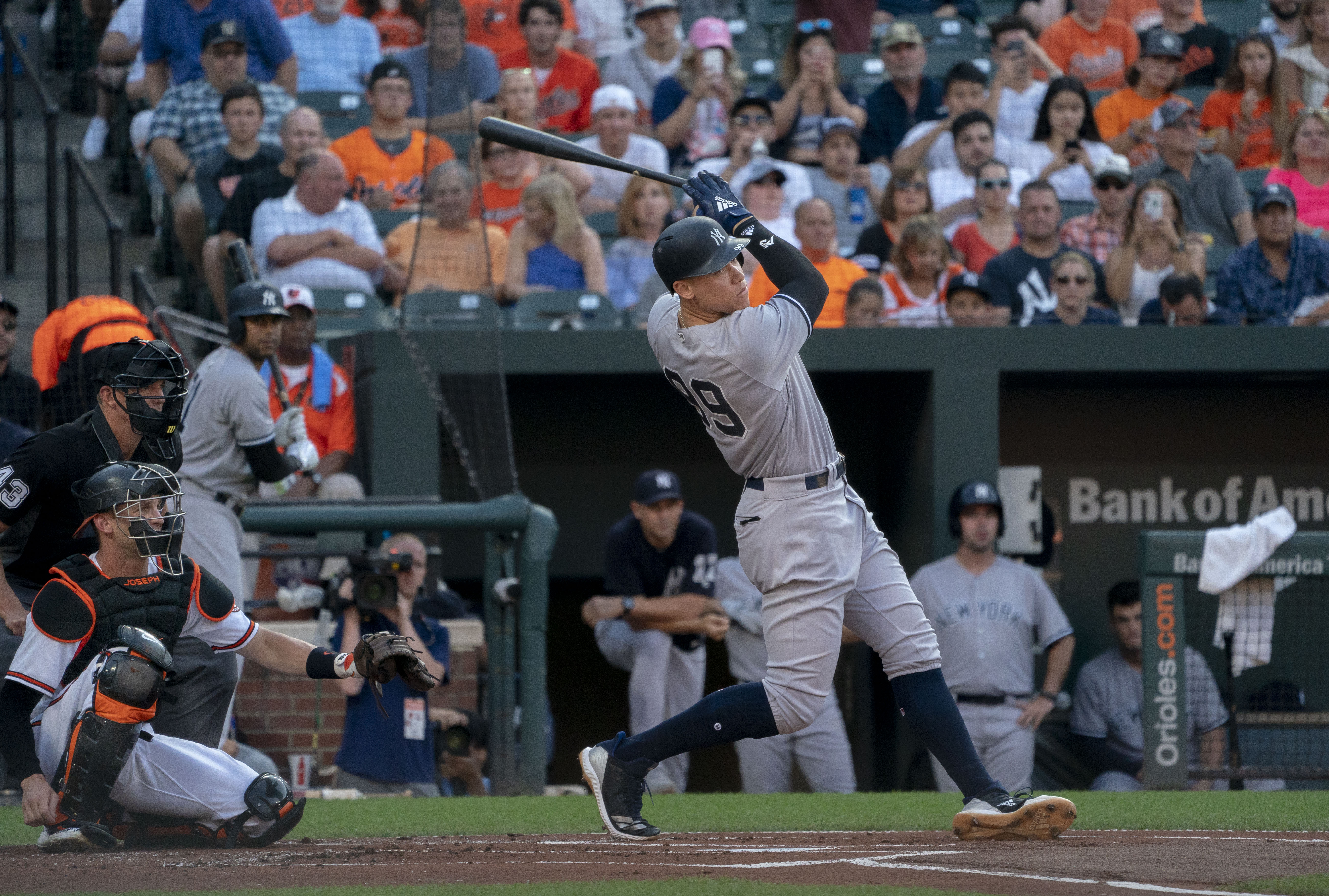While the battle over state by state legality for sports gambling rambles on, the sport that continues to have a huge upside on just the casual gaming side for fans remains baseball. As we go deeper into the postseason, on the gambling side, MLB’s overall deals with MGM and FanDuel (both announced during the just completed regular season) are still taking shape, and with no teams left in the postseason in States where gambling is both legal and up and running (especially mobile gambling.
New York has approved but has not yet implemented—sorry, Yankees fans—and the District of Columbia has passed but will soon open its first formal sports book with Monumental Sports and Entertainment—sorry there, Nats fans—the talk about all the transactions that can take place to further engage fans, whether casual fans or diehard followers whose interest may stray to gambling, is still very much in flux.
However even with all that in play (no pun intended), baseball still remains for the future one of the sports to benefit most from gaming, be it for dollars or prizes or just casual fan engagement. Why for the future? The answer lies in the past (and, no, this isn’t a Black Sox or Pete Rose post…).
Let’s not forget that the fantasy business really started around the statistics-heavy world of baseball, and was amplified by the “Moneyball” era and beyond. While a good deal of fantasy over a long season came and went to some extent, the essence of casual engagement still sits well with baseball. In short, the amount of elements to engage with in a baseball game, along with the period of time to consider and act while still following the game in real time, is pretty endless and is very easy to understand. Ball or strike, hit or out, curveball or fastball, grounder or fly ball; all are easy to understand in any language. Then the great detail of stats now used in baseball even by the more casual fan amps up interest even more.
Now the length of the season is both blessing and curse, easy to lose interest for those who are looking for fast engagement in short periods of time. But the ability for casual games with solid, reputable data to bring fans into a game on whatever device they choose, and give them the ability to move on after an inning or two without losing a beat, makes baseball different than most sports, and casual gaming is where the benefit will come from.
It is still the reason why baseball, with all its talk of attendance issues and shrinking fan pool, remains number two behind the once a week games of the NFL in engagement, and where casual, free to play games can have some of the biggest upside, especially as we dig deep toward the World Series and the amount of eyeballs focused on one game keeps rising.
The daily free to play options include MLB Perfect 9 and MLB’s Beat the Streak, whose 17 year history of no winners and $5.6 Million in cumulative dollars remains daunting, with ESPN Fantasy and Yahoo Fantasy remaining top dog.
But if you are looking for the quick fix, MLB Perfect 9 seems to be the casual gaming leader. The free to play game gives players a new opportunity to win each day. Each night of the playoffs there are two opportunities to win, challenging players to pick which team will score more runs in each inning and who will win the game. Simple, actionable and a fun addition at no cost with a good upside. As the gaming options continue to expand, wireless connectivity in stadia grows and the affinity to win and wager small amounts adds to the pool, Perfect 9 could be a great fit.
“There is so much talk about the big dollars of sports gambling down the road, and we have seen how will it works abroad, but wide adoption and solid user experience combined with speed of use on the mobile side is where fans are going to ultimately find their spot,” said Chris Lencheski, veteran sports marketing consultant and professor at Columbia University. “If I’m at a game I want to be able to find smarter and easier ways to stay interested, and the great game of baseball gives me that chance to be looking down, stay engaged and then join back in at the next pitch. It’s a growing must for the second screen, and I think will help baseball improve its engagement as things play out, especially for big events like the World Series.”
The game developers certainly don’t disagree with the casual appeal, and have seen it in other sports around the world. One of those, FanHub, has worked with a host of leagues from MLB to the NFL to Australian rules Football, and although they are based in Australia (with several US offices including New York) they agree with the casual approach to help solve the complex fan engagement issues of baseball.
“While many scoff at baseball as being too slow, the reality is this allows for a great gaming opportunity. Fans can play along live without missing any of the game,” added Phillip de Winter, Head of Business Development, Americas for FanHub. “We’ve seen live games in more continuous sports fail, simply because people don’t want to miss any of the action. In Baseball you can go very deep with questions, like “is the next pitch a curveball away?”, or “will he swing?” It can be something that people do for a few innings and then come back to without missing a beat. It’s the perfect second screen experience.”
So while many pundits point towards the fast and loose, short attention sports, like the NBA and soccer and the NFL, as wins for casual gaming in the future, especially tied to the dollars of sports gambling, don’t sleep on baseball. It seems to stand the test of time, even without a clock, and if some quick swipes on a game like Perfect 9 helps grow the engagement, let’s go and play, especially around the postseason.
(cover image: credit Keith Allison)

